
The
BETWEEN
Journal
shared treasures for life’s BETWEENs

Owning our story and loving ourselves through that process is the bravest thing that we will ever do.

Endings are the first phase of transition.
The second phase is a neutral zone, a [BETWEEN] time of lostness and emptiness before life resumes in an intelligible pattern and direction.
The third phase is that of beginning anew.
The neutral [BETWEEN] zone is a time when the real business of transition takes place. It is a time when an inner reorientation and realignment are occurring, the deep work of transformation.
— William Bridges, Transitions

The most beautiful people we have known are those who have known defeat, know suffering, known struggle, known loss, and have found their way out of the depths. These persons have an appreciation, a sensitivity, and an understanding of life that fills them with compassion, gentleness, and a deep loving concern. Beautiful people do not just happen.
- Dr. Elizabeth Kubler-Ross, Psychiatrist

from A Liturgy for Embracing Both Joy & Sorrow
…So give me strength, O God, to feel this grief deeply, never to hide my heart from it. And give me also hope enough to remain open to surprising encounters with joy, as one on a woodland path might stumble suddenly into dapplings of golden light.
Amidst the pain that lades these days, give me courage, O Lord; courage to live them fully, to love and to allow myself to be loved, to remember, grieve, and honor what was, to live with thanksgiving in what is, and to invest in the hope of what will be.
Be at work gilding these long heartbreaks with the advent of new joys, good friendships, true fellowships, unexpected delights. Remind me again and again of your goodness, your presence, your promises.
For this is who we are: a people of The Promise—a people shaped in the image of the God whose very being generates all joy
in the universe, yet who also weeps and grieves its brokenness.
So we, your children, are also at liberty to lament our losses, even as we simultaneously rejoice in the hope of their coming restoration.
Let me learn now, O Lord, to do this as naturally as the inhale and exhale of a single breath:
To breathe out sorrow, to breathe in joy.
To breathe out lament, to breathe in hope.
To breathe out pain, to breathe in comfort.
To breathe out sorrow, to breathe in joy.
In one hand I grasp the burden of my grief, while with the other I reach for the hope of grief ’s redemption.
And here, BETWEEN the tension of the two, BETWEEN what was and what will be, in the very is of now, let my heart be surprised by, shaped by, warmed by, remade by, the same joy that forever wells within and radiates from your heart, O God.
Amen.
by Doug McKelvey, Every Moment Holy, Volume II

And now that you don’t have to be perfect, you can be good.
— John Steinbeck, East of Eden

People encounter God under shady oak trees, on riverbanks, at the tops of mountains, and in long stretches of barren wilderness. God shows up in whirlwinds, starry skies, burning bushes, and perfect strangers. When people want to know more about God, the son of God tells them to pay attention to the lilies of the field and the birds of the air, to women kneading bread and workers lining up for their pay.
Whoever wrote this stuff believed that people could learn as much about the ways of God from paying attention to the world as they could from paying attention to Scripture. What is true is what happens, even if what happens is not always right. People can learn as much about the ways of God from business deals gone bad or sparrows falling to the ground as they can from reciting the books of the Bible in order. They can learn as much from a love affair or a wildflower as they can from knowing the Ten Commandments by heart.
This is wonderful news. I do not have to choose BETWEEN the Sermon on the Mount and the magnolia trees.
— Barbara Brown Taylor, An Altar In The World
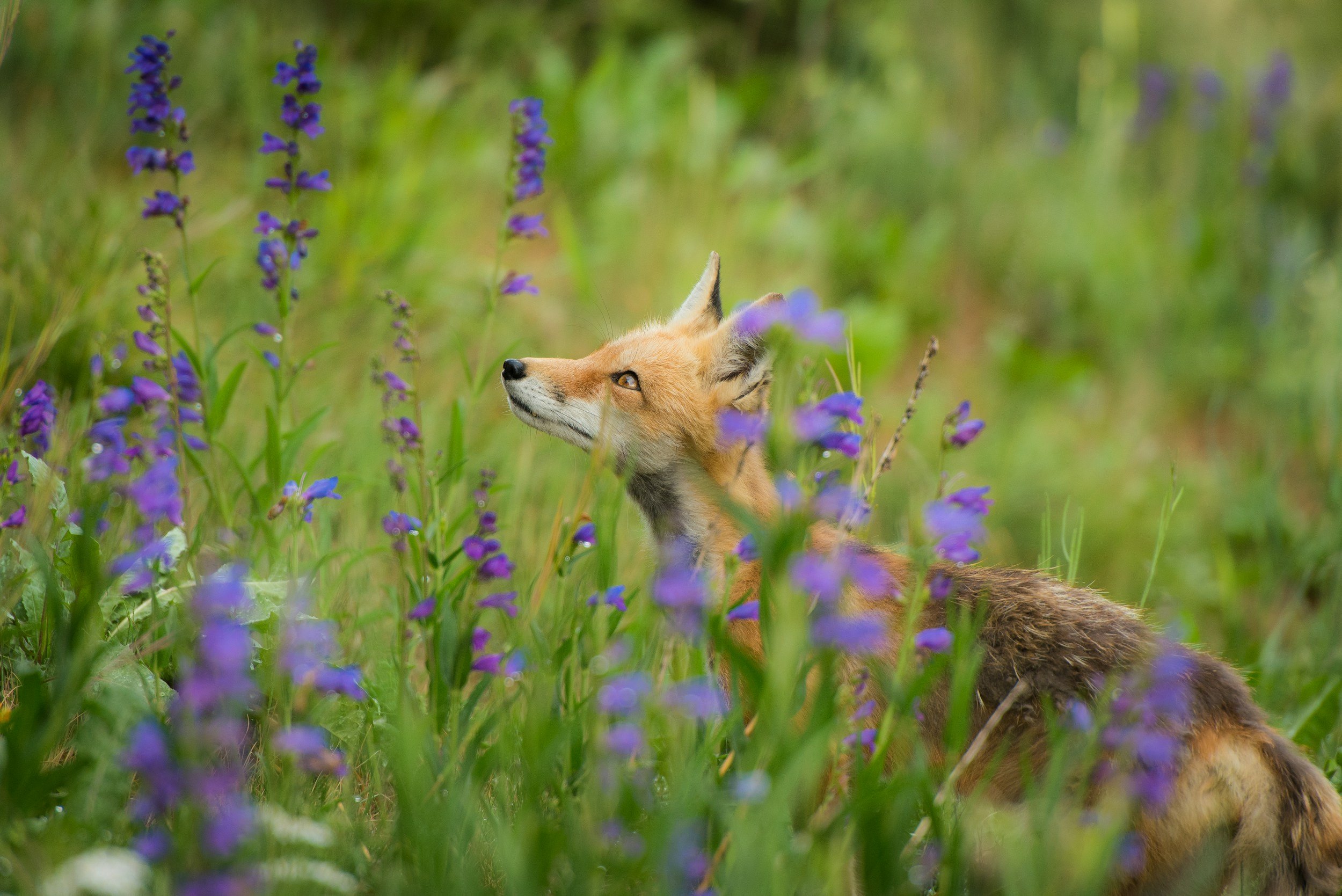
"And now here is my secret, a very simple secret: It is only with the heart that one can see rightly; what is essential is invisible to the eye."
— Antoine de Saint-Exupéry, The Little Prince
Quoted in When The Well Runs Dry: Prayer Beyond the Beginnings by Thomas H. Green
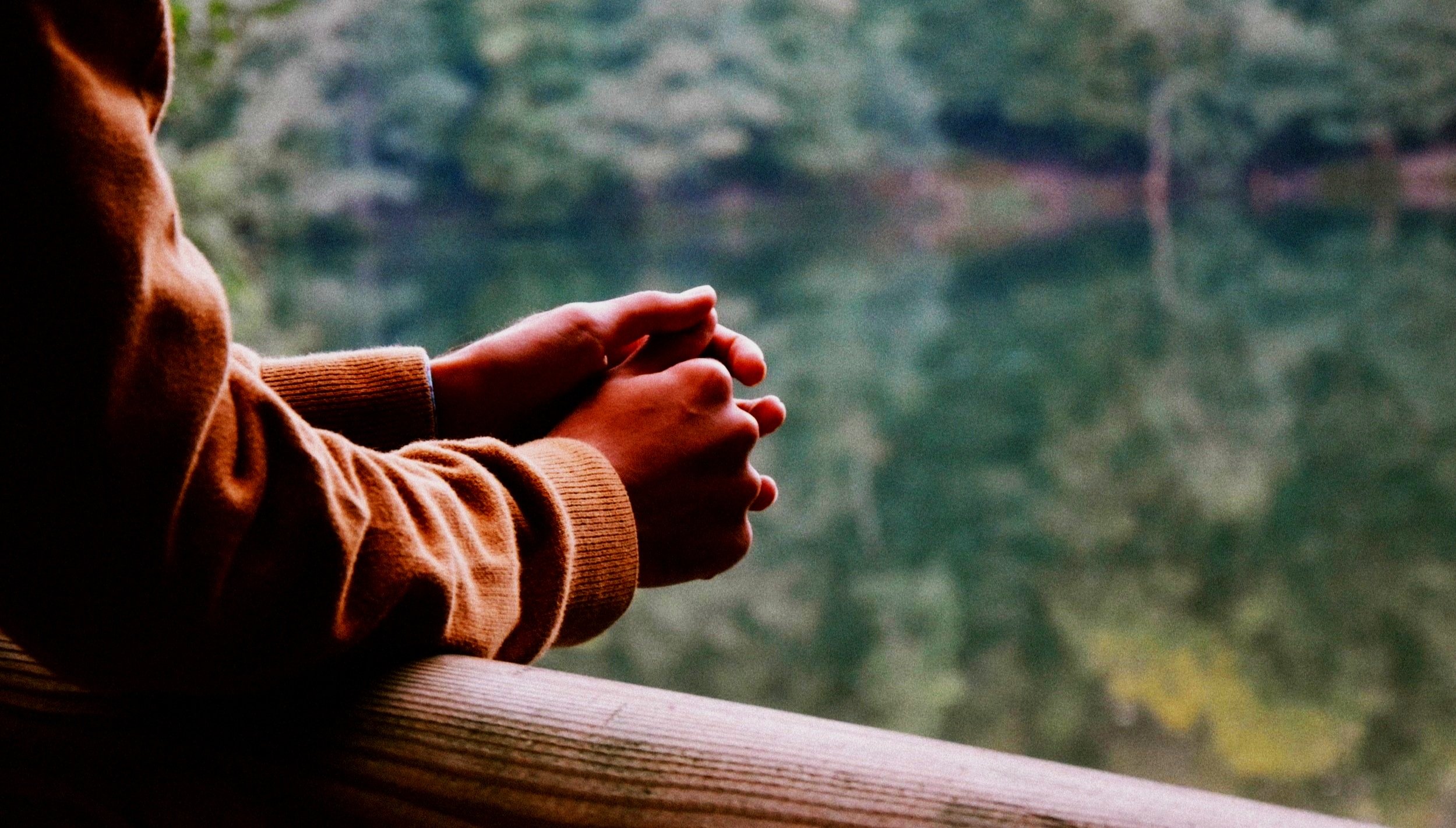
Ultimately, we don’t heal, transform or create ourselves. We posture ourselves in ways that allow God to heal, transform and create us.
— Sue Monk Kidd

To love at all is to be vulnerable. Love anything and your heart will be wrung and possibly broken. If you want to make sure of keeping it intact you must give it to no one, not even an animal. Wrap it carefully round with hobbies and little luxuries; avoid all entanglements. Lock it up safe in the casket or coffin of your selfishness. But in that casket, safe, dark, motionless, airless, it will change. It will not be broken; it will become unbreakable, impenetrable, irredeemable. To love is to be vulnerable.
-C.S. Lewis, The Four Loves

We are always called to the paradox:
Sojourners on the Way, we are called to be these strange pilgrims who live the paradox of an interior soul stillness, waiting on the Lord, while we keep putting one step in front of the other, following the Lord, wherever He leads.
On one hand, we wait—and with the other, we work.
And the Lord tells us what belongs in the waiting hand and what belongs in the working hand.
Stillness is a posture of the soul, not a paralysis of one’s life.

Love is a profound teacher, and its presence—even in loss—reminds us of what it means to be human. It’s not about forgetting or moving on; it’s about moving forward, carrying that love with you as a source of quiet strength and enduring grace. You are not defined by what you’ve lost, but by how you choose to honor that love as you continue to grow. You’re allowed to hold onto love while still making room for new joys. That’s the beauty of a heart that has loved deeply—it never truly empties; it simply expands.
-unknown
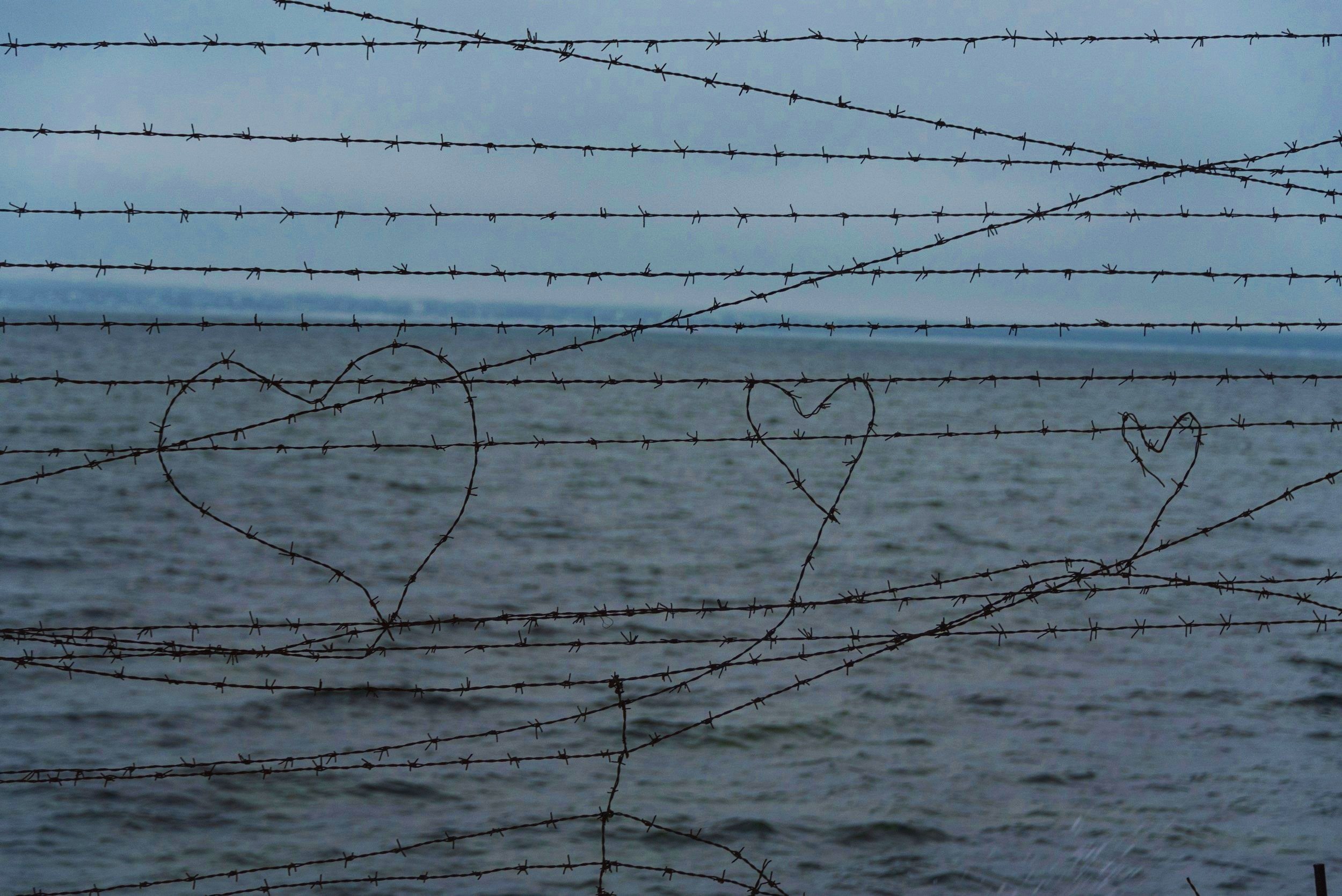
Hope, in this deep and powerful sense, is not the same as joy that things are going well, or willingness to invest in enterprises that are obviously headed for early success, but, rather, an ability to work for something because it is good, not just because it stands a chance to succeed.
— Vaclav Havel, Hope

Falling Upward
Father Richard Rohr introduces the first half of life and the necessary journey beyond it:
There is much evidence on several levels that there are at least two major tasks to human life. The first task is to build a strong “container” or identity; the second is to find the contents that the container was meant to hold. The first task we take for granted as the very purpose of life, which does not mean we do it well. The second task, I am told, is more encountered than sought; few arrive at it with much preplanning, purpose, or passion. We are a “first-half-of-life culture,” largely concerned about surviving successfully.
We all try to do what seems like the task that life first hands us: establishing an identity, a home, relationships, friends, community, security, and building a proper platform for our only life. But it takes us much longer to discover “the task within the task,” as I like to call it: what we are really doing when we are doing what we are doing....
Problematically, the first task invests so much of our blood, sweat, tears, and years that we often cannot imagine there is a second task, or that anything more could be expected of us. Various traditions have used many metaphors to make this differentiation clear: beginner and proficient, novices and initiated, milk and meat, letter and spirit, juniors and seniors, baptized and confirmed, apprentice and master, morning and evening, “Peter when you were young … Peter when you are old” (John 21:18). Only when we have begun to live in the second half of life can we see the difference BETWEEN the two. Yet the two halves are cumulative and sequential, and both are very necessary. We cannot do a nonstop flight to the second half of life by reading lots of books about it. Grace must and will edge us forward.
No pope, Bible quote, psychological technique, religious formula, book, or guru can do the journey for us. If we try to skip the first journey, we will never receive its real fruits or understand its limitations.
- Falling Upward by Richard Rohr

Do not be daunted by the enormity of the world’s grief.
Do justly now, love mercy now, walk humbly now.
You are not obligated to complete the work,
but neither are you free to abandon it.
-The Talmud

All Is Well
Death is nothing at all,
I have only slipped into the next room
I am I and you are you
Whatever we were to each other, that we are still.
Call me by my old familiar name,
Speak to me in the easy way which you always used
Put no difference in your tone,
Wear no forced air of solemnity or sorrow
Laugh as we always laughed at the little jokes we enjoyed together.
Play, smile, think of me, pray for me.
Let my name be ever the household word that it always was,
Let it be spoken without effect,
without the trace of shadow on it.
Life means all that it ever meant.
It is the same as it ever was, there is unbroken continuity.
Why should I be out of mind because I am out of sight?
I am waiting for you, for an interval, somewhere very near, Just around the corner.
All is well.
— By Henry Scott Holland (1847-1918), Canon of St Paul’s Cathedral

new normal.
i don’t think we talk enough about how quiet the road gets. how long the waiting feels. how lonely healing can be. i don’t think we talk enough about how undone we become in the valley of grief, or how enormously we must stretch just to fit ourselves into some kind of new normal and dare to call it life again. and i don’t think we talk enough about how we have no other thing left but to gather up our heavy limbs and carry on, because the earth keeps spinning, the sun keeps on rising, and the days keep on bleeding, one into the next, regardless of the moment that made all of the minutes inside of our heart stand still.
ullie-kaye
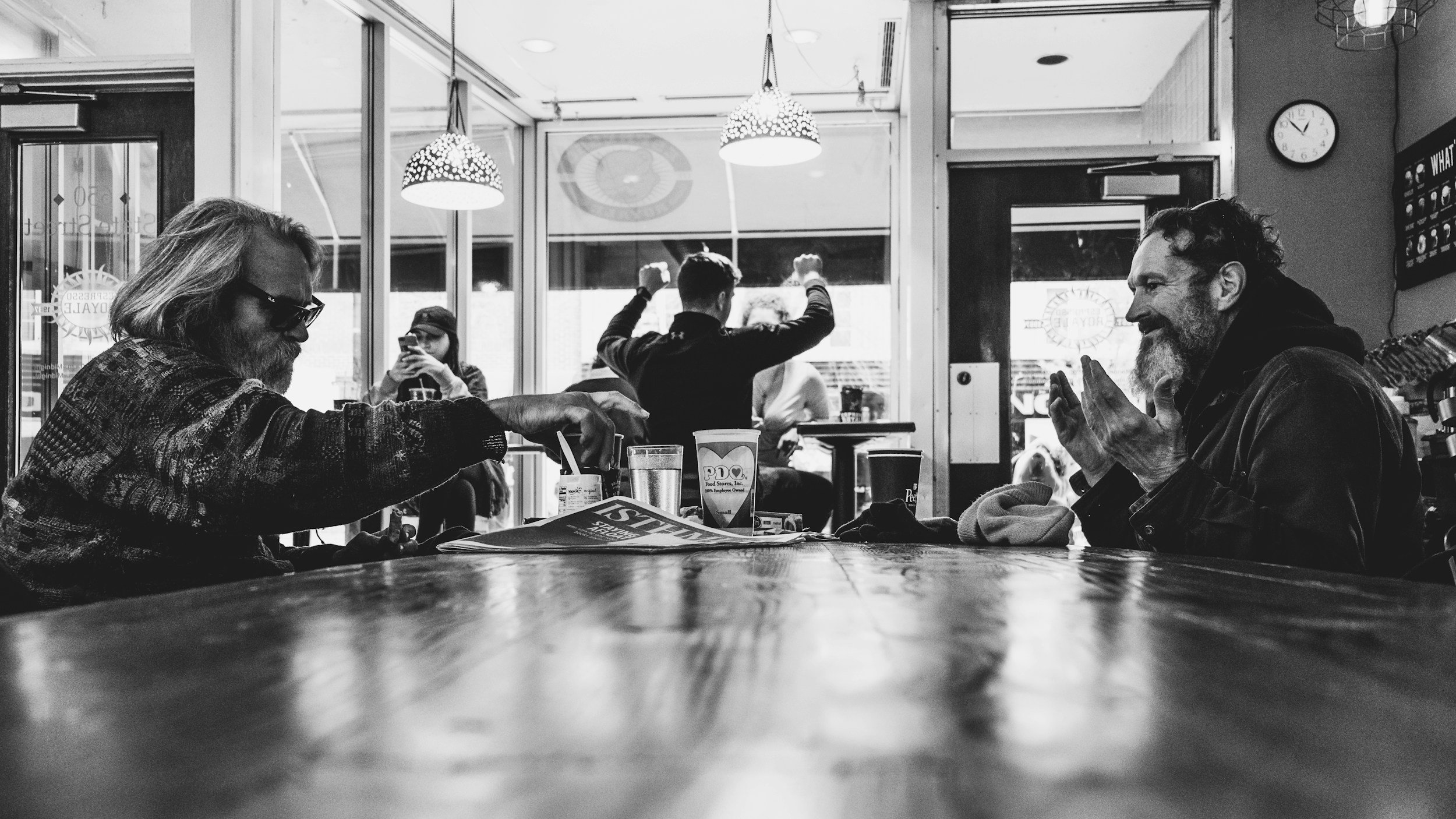
To be human is to be implicated with all human beings.
-Tony Campolo
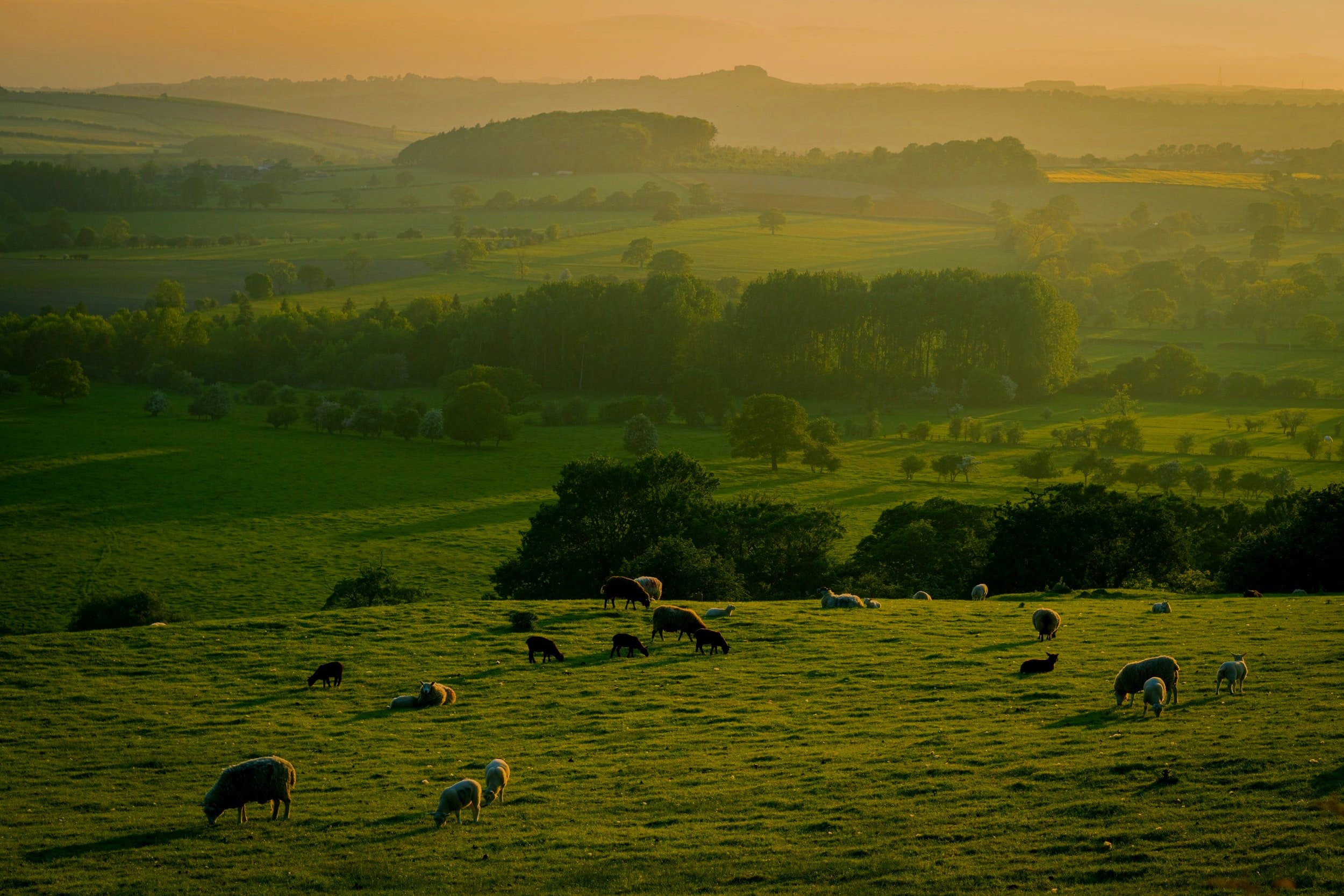
It is difficult to appreciate the liminal BETWEEN spaces in our lives; we prefer resolution over ambiguity, routine over confusion, completion over process…[We] wrestle with the reality of leaving what we once knew was true while stumbling into the person who God is calling us to be.
What do we do in this liminality that has become all-too-normal now?
We wait.
But we don’t wait alone or simply wallow in the waiting. We wait with the Good Shepherd in order to follow him. BETWEEN the valley of the shadow of death and an overflowing cup, we lie down in green pastures because He is with us. BETWEEN all the evil in the world and dwelling in the house of the Lord, we walk beside quiet waters because His rod and staff are comforting.
Liminal BETWEEN spaces are more than places to pass through, but opportunities to be more fully present with God as he leads us in paths of righteousness.
And ultimately, remember that we wait…not because we’re hoping for the best; instead; we wait in confidence because the Good Shepherd has our best in mind.
- Excerpts from Holy Saturday Devotional by Mike Ahn from the Center for Christianity, Culture, and the Arts at Biola University
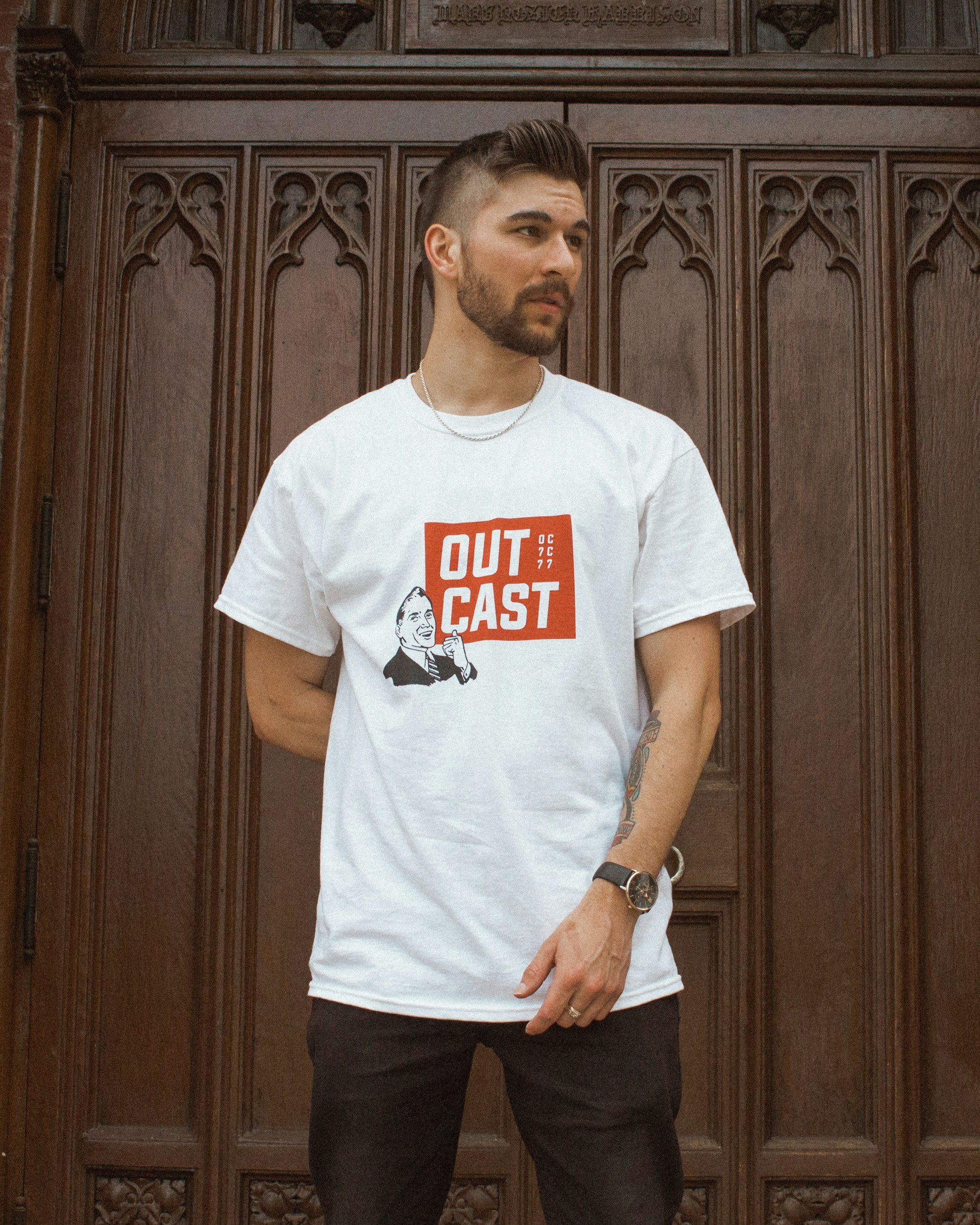
“Christianity has tended to focus on right beliefs and right choices as the key for personal growth. But biblical evidence and modern brain science show that our character is shaped more by whom we love rather than what we believe.”
-Jim Wilder, Renovated
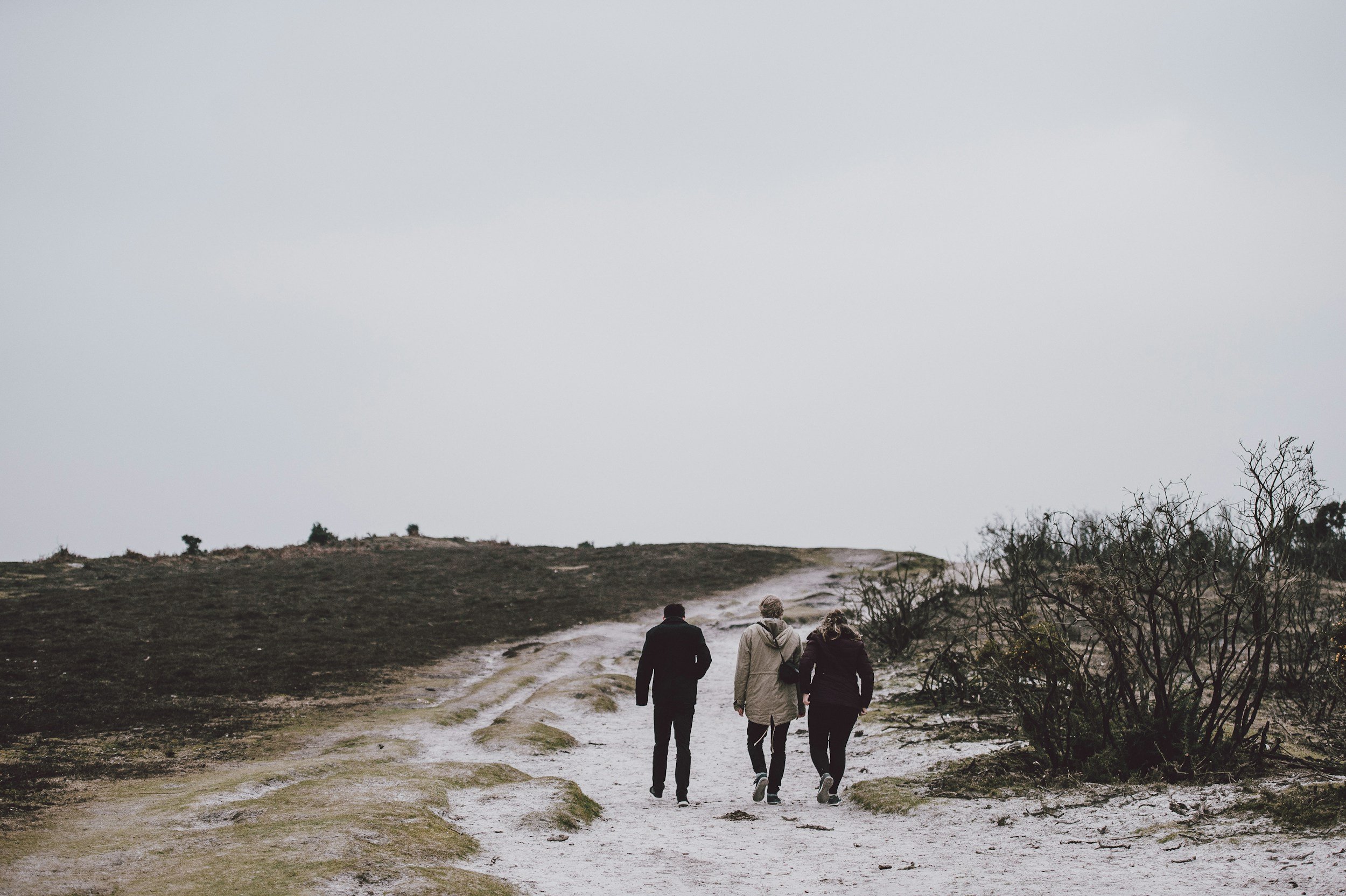
No one changes in a continuous straight upward path. Change always involves stumbling and failing and just outright blowing it. And therefore, change requires immense kindness and grace. If we have no compassion for ourselves (or others), we simply cannot muster the energy needed to get back up and keep going.
-Sam Jolman

Sometimes it seems that life is a grace too severe, too vast, and too beautiful to receive. But I open my hands anyway. Today I’ll talk to myself. I’ll say: Accept life—the places it bleeds and the places it smiles. That’s your most holy and human task. Gather up the pain and the questions and hold them like a child upon your lap. Have faith in God, in the movement of your soul. Accept what is. Accept the dark. It’s okay. Just be true. I’ll say to myself: You’re loved. Your pain is God’s pain. Go ahead and embrace the struggle and chaos of it all, the splendor, the messiness, the wonder, the agony, the joy, the conflict. Love all of it.
—Sue Monk Kidd, When The Heart Waits

Patient Trust
Above all, trust in the slow work of God.
We are quite naturally impatient in everything to reach the end without delay.
We should like to skip the intermediate stages.
We are impatient of being on the way to something unknown, something new.
And yet it is the law of all progress
that it is made by passing through some stages of instability—
and that it may take a very long time.
And so I think it is with you;
your ideas mature gradually—let them grow,
let them shape themselves, without undue haste.
Don’t try to force them on,
as though you could be today what time
(that is to say, grace and circumstances acting on your own good will)
will make of you tomorrow.
Only God could say what this new spirit
gradually forming within you will be.
Give Our Lord the benefit of believing
that his hand is leading you,
and accept the anxiety of feeling yourself
in suspense and incomplete.
—Pierre Teilhard de Chardin
excerpted from Hearts on Fire and Field Notes for the Wilderness by Sarah Bessey

Shame cannot survive being spoken.
It cannot survive empathy.
— Brene Brown
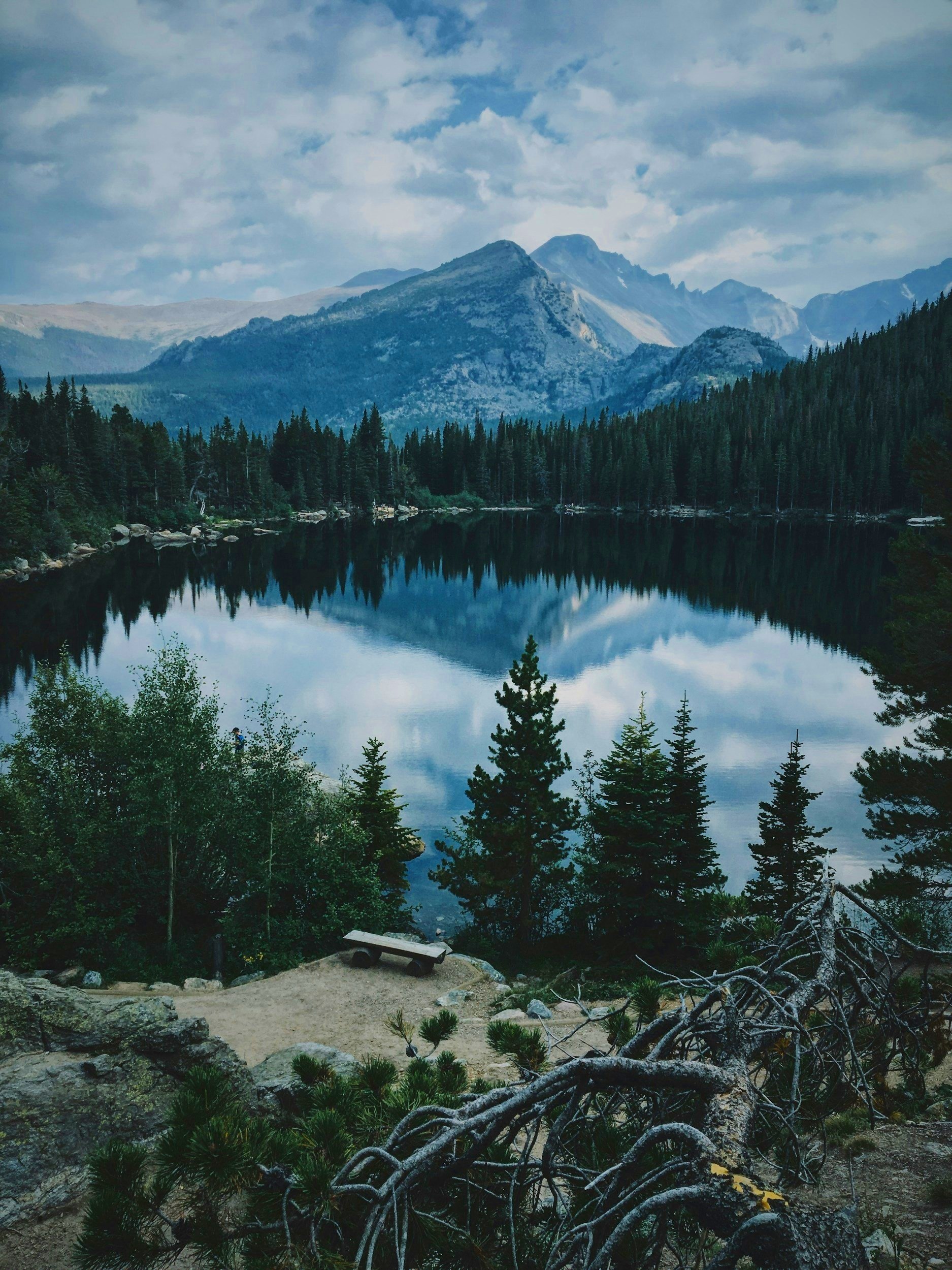
Our hearts and minds desire clarity. We like to have a clear picture of a situation, a clear view of how things fit together, and clear insight into our own and the world’s problems. But just as in nature colors and shapes mingle without clear-cut distinctions, human life doesn’t offer the clarity we are looking for. The borders BETWEEN love and hate, evil and good, beauty and ugliness, heroism and cowardice, care and neglect, guilt and blamelessness are mostly vague, ambiguous, and hard to discern. It is not easy to live faithfully in a world full of ambiguities. We have to learn to make wise choices without needing to be entirely sure.
-Henri Nouwen, Bread for the Journey

“People who’ve had any genuine spiritual experience always know that they don’t know. They are utterly humbled before mystery. They are in awe before the abyss of it all, in wonder at eternity and depth, and a Love, which is incomprehensible to the mind.”
-Father Richard Rohr

I have left off all devotions and prayers which are not required for me, and I occupy myself solely with keeping myself in God’s holy presence. I do this simply by keeping my attention on God and by being generally and lovingly aware of Him. This could be called practicing the presence of God moment by moment, or to put it better, a silent, secret and nearly unbroken conversation with the soul of God.
-Brother Lawrence
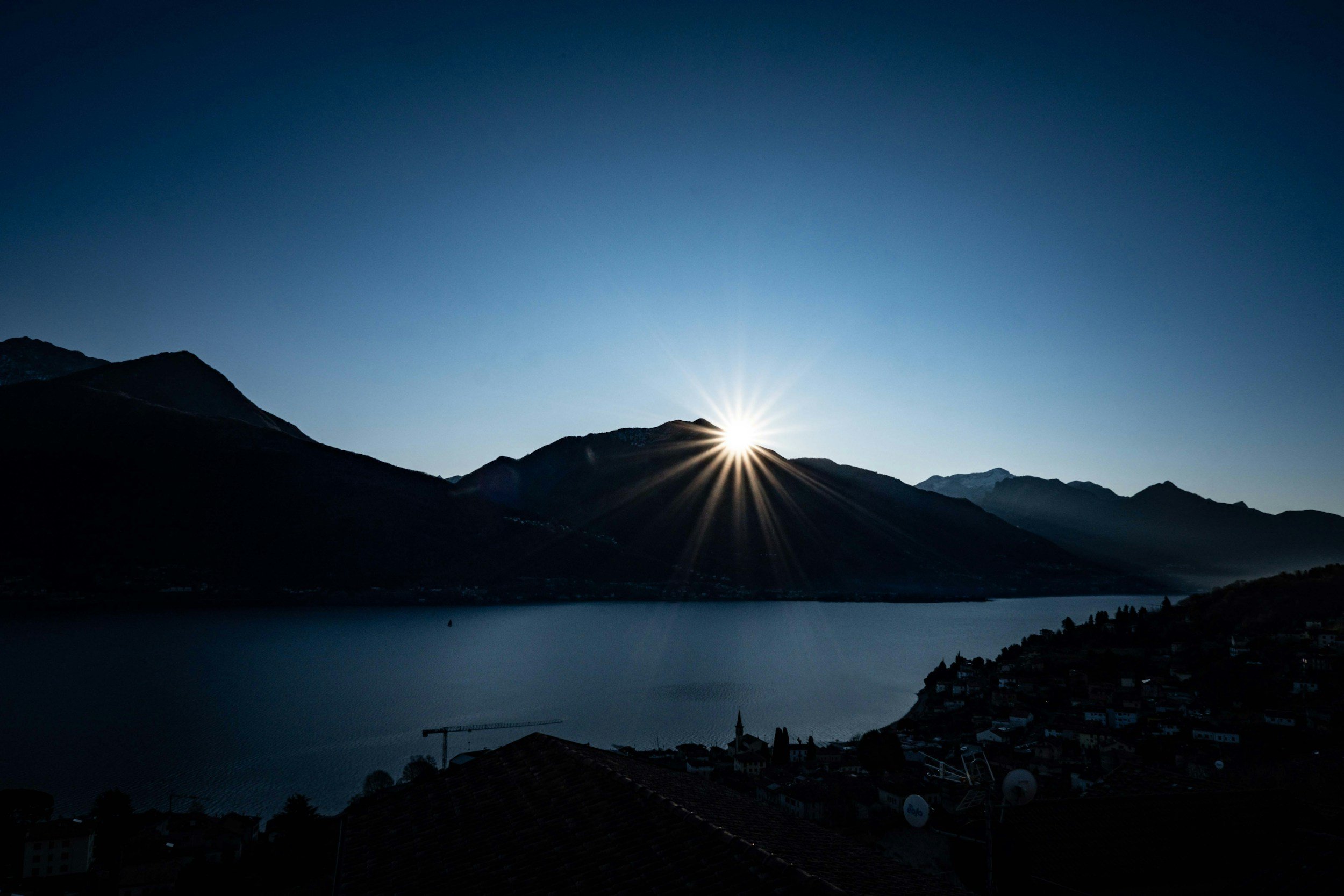
a blessing for living between. between miracles. between answers. between formulas.
Blessed are you who live here,
this space between simple categories and easy answers.
You who wonder why this is your life,
why you got this diagnosis,
or why you still struggle with infertility,
or why you haven’t found your birth parents,
or why you can’t kick the addiction
or why your kids haven’t come home.
Blessed are you who build a home on uneasy ground,
who, despite your trying, your asking, you’re searching,
haven’t found the satisfying feeling of discovery.
And blessed are you who never will.
This is not an easy place to live.
Outside of certainty, outside of knowing, outside of the truth.
But blessed are you who realize that love and beauty and courage and meaning live here too.
Amid the unease and the frustration and the sleepless nights.
In the way love and courage show up through people, through presence, through laughter.
May you be surprised by your capacity for ambiguity,
for the way it makes you a great listener and a good friend,
for you are someone who knows how to feel your way around in the dark and squint for the stars.
I wish it were easier, dear one.
I wish I could hand you the answers you seek.
But for now, may you find comfort in the fact that you are not alone.
We are all learning to live in the uncertainty in the unknowing.
So blessed are we who live here together.

To be loved but not known is comforting but superficial. To be known and not loved is our greatest fear. But to be fully known and truly loved is, well, a lot like being loved by God. It is what we need more than anything. It liberates us from pretense, humbles us out of our self-righteousness, and fortifies us for any difficulty life can throw at us.
-Tim Keller

On Joy and Sorrow
Then a woman said, Speak to us of Joy and Sorrow.
And he answered:
Your joy is your sorrow unmasked.
And the selfsame well from which your laughter rises was oftentimes filled with your tears.
And how else can it be?
The deeper that sorrow carves into your being, the more joy you can contain.
Is not the cup that holds your wine the very cup that was burned in the potter’s oven?
And is not the lute that soothes your spirit, the very wood that was hollowed with knives?
When you are joyous, look deep into your heart and you shall find it is only that which has given you sorrow that is giving you joy.
When you are sorrowful look again in your heart, and you shall see that in truth you are weeping for that which has been your delight.
Some of you say, “Joy is greater than sorrow,” and others say, “Nay, sorrow is the greater.”
But I say unto you, they are inseparable.
Together they come, and when one sits alone with you at your board, remember that the other is asleep upon your bed.
Verily you are suspended like scales BETWEEN your sorrow and your joy.
Only when you are empty are you at standstill and balanced.
When the treasure-keeper lifts you to weigh his gold and his silver, needs must your joy or your sorrow rise or fall.
Kahlil Gibran

A Blessing For After
This blessing is for the moment after clarity has come, after inspiration, after you have agreed to what seems impossible.
This blessing is what follows after illumination departs and you realize there is no map for the path you have chosen, no one to serve as a guide, nothing to do but gather up your gumption and set out.
This blessing will go with you. It carries no answers, no charts, no plans.
It carries no source of light within itself.
But in its pocket is tucked a mirror that, from time to time, it will hold up to you to remind you of the radiance that came when you gave your awful and wondrous yes.
— Jan Richardson, Circle of Grace

Do you know why birds sing just before dawn? Scientists believe it’s to tell their mates that they made it through the night, as a way of saying, “I’m still here.” Maybe that is why we sing, too, why we create art—as a way of saying, “I made it. I’m still here.” -Jeff Goins
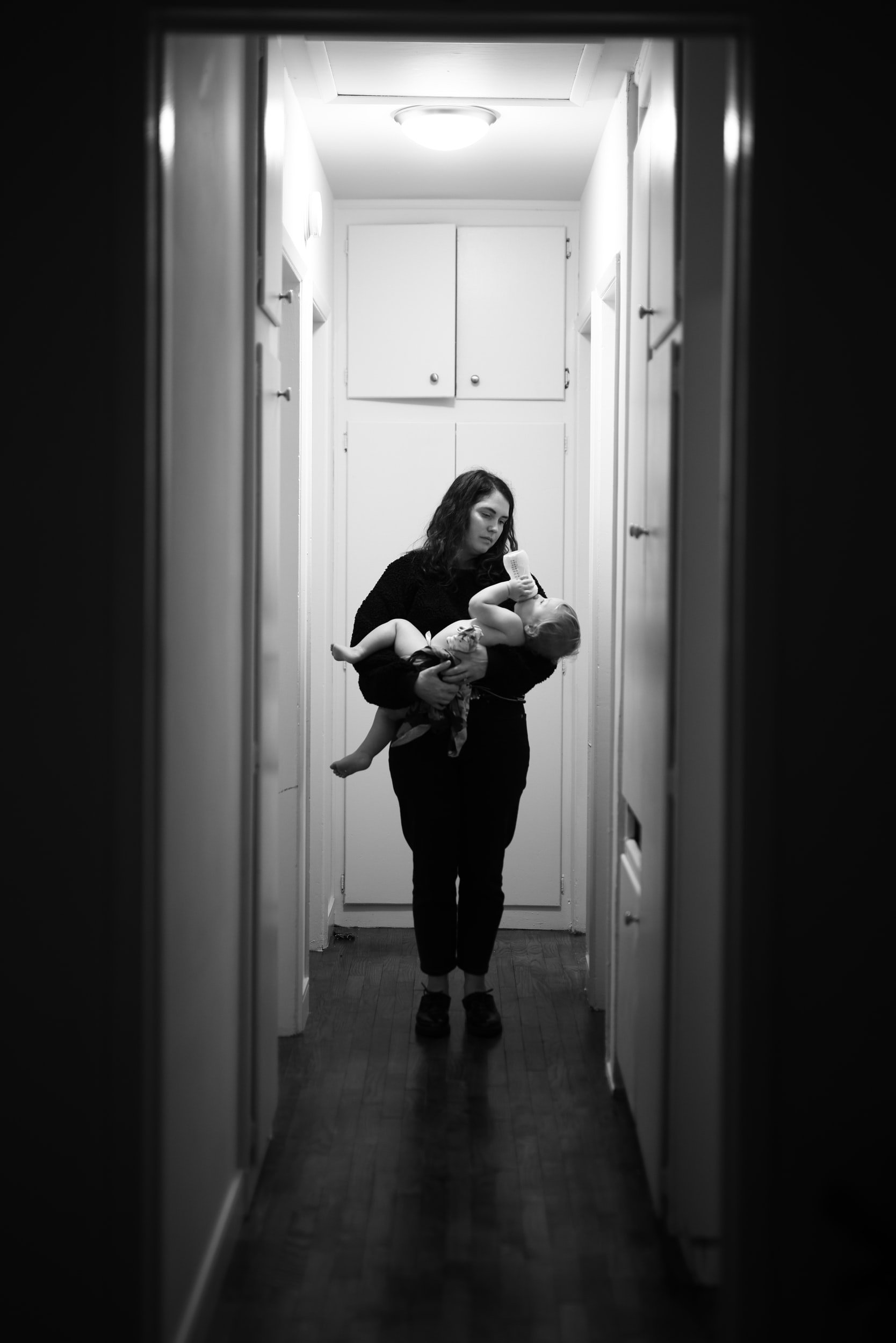
“It is not the critic who counts; not the man who points out how the strong man stumbles, or where the doer of deeds could have done them better. The credit belongs to the man who is actually in the arena, whose face is marred by dust and sweat and blood; who strives valiantly; who errs, who comes short again and again, because there is no effort without error and shortcoming; but who does actually strive to do the deeds; who knows great enthusiasms, the great devotions; who spends himself in a worthy cause; who at the best knows in the end the triumph of high achievement, and who at the worst, if he fails, at least fails while daring greatly, so that his place shall never be with those cold and timid souls who neither know victory nor defeat.” ―Theodore Roosevelt

My mom taught us never to look away from people’s pain.
The lesson was simple: Don’t look away. Don’t look down. Don’t pretend not to see hurt. Look people in the eye. Even when their pain is overwhelming.
And when you are in pain, find the people who can look you in the eye.
We need to know we are not alone, especially when we are hurting.
This lesson is one of the greatest gifts of my life.
Brene Brown

Beauty hovers over all of us, in our darkness and our light, in the withered frailty of life, in the breathless triumph of death. Beauty is in our sleeping and waking, our innocence and tragedy. Beauty is found in small, unseen gestures of love, humming softly in every act of kindness.
— John Sowers, Say All The Unspoken Things
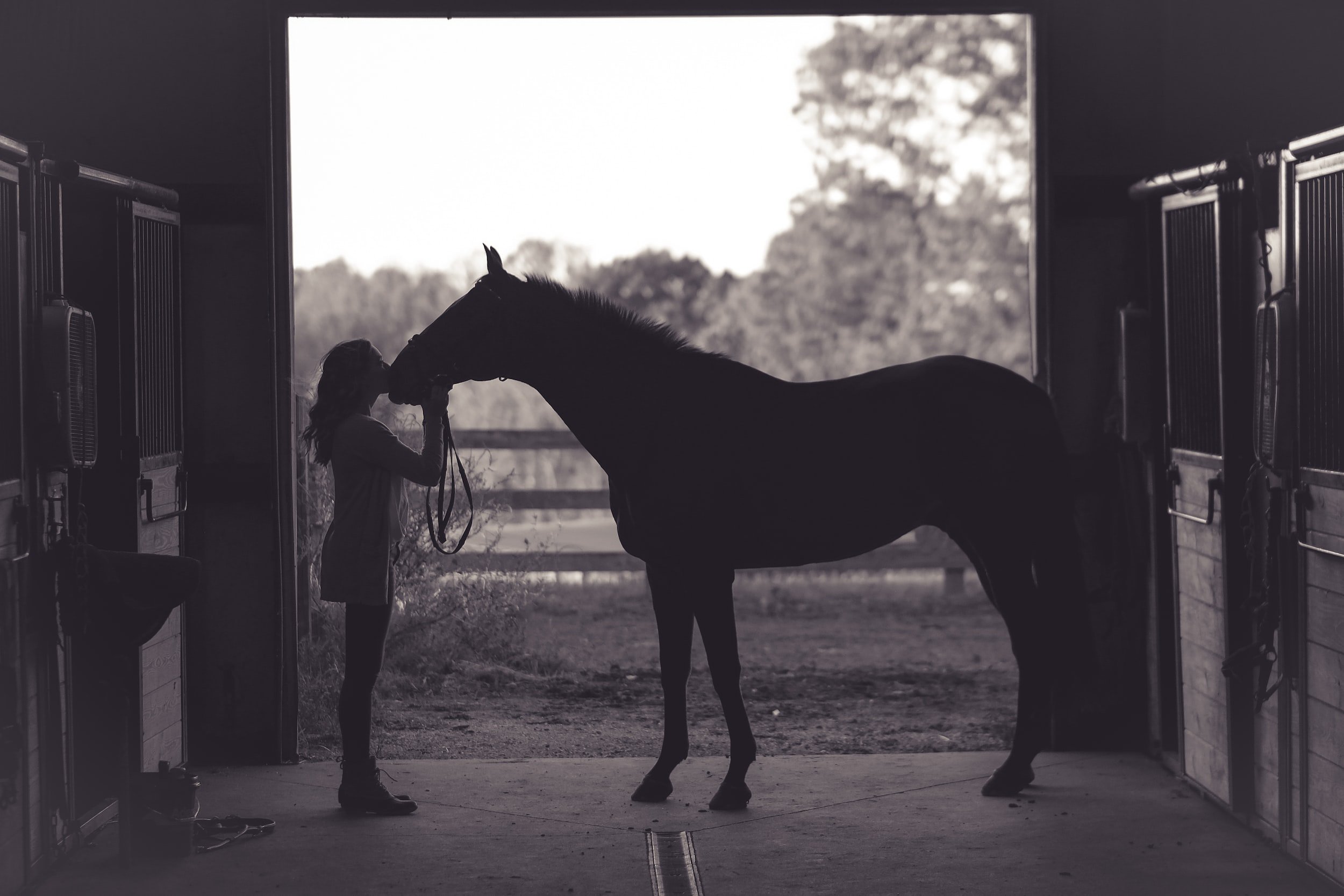
For What Binds Us
There are names for what binds us:
strong forces, weak forces.
Look around, you can see them:
the skin that forms in a half-empty cup,
nails rusting into the places they join,
joints dovetailed on their own weight.
The way things stay so solidly
wherever they've been set down—
and gravity, scientists say, is weak.
And see how the flesh grows back
across a wound, with a great vehemence,
more strong
than the simple, untested surface before.
There's a name for it on horses,
when it comes back darker and raised: proud flesh,
as all flesh,
is proud of its wounds, wears them
as honors given out after battle,
small triumphs pinned to the chest—
And when two people have loved each other
see how it is like a
scar BETWEEN their bodies,
stronger, darker, and proud;
how the black cord makes of them a single fabric
that nothing can tear or mend.
-by Jane Hirshfield, Of Gravity & Angels

Think again of falling as a figure of speech. We fall on our faces, we fall for a joke, we fall for someone, we fall in love. In each of these falls, what do we fall away from? We fall from ego, we fall from our carefully constructed identities, our reputations, our precious selves. We fall from ambition, we fall from grasping, we fall, at least temporarily, from reason. And what do we fall into? We fall into passion, into terror, into unreasoning joy. We fall into humility, into compassion, into emptiness, into forces larger than ourselves, into oneness with others we realize are likewise falling. We fall, at last, into the presence of the sacred, into godliness, into mystery, into our better, diviner natures.
— Philip Simmons, Learning to Fall: The Blessings of an Imperfect Life

Fierce Blessing
Believe me when I say
there is nothing
this blessing would not do
to protect you
to save you
to encompass you.
This blessing
would stand between you
and every danger,
every evil,
every harm
and hurt.
This blessing
would dare
to wade with you
into the waters that come
bearing life.
It would make
a way for you
through the waters that come
threatening death.
I cannot explain
how fierce
this blessing feels
about you
but I can tell you
it has more than pledged
itself to you;
it would lay down
its life for you
and not once
look back in regret
nor go in sorrow
for what it has chosen
to give.
And you—
so deeply blessed,
so utterly encompassed—
what will you save
in turn?
Not because
it is owed
but because
you cannot imagine
failing to pass along
this grace
that casts its circle
so wide,
this love
that flows
so deep
through this perilous
and precious life.
— Jan Richardson, The Cure for Sorrow


What if there’s a third way?…It was as if here was yet another invitation to find a sure-footed way on some undiscovered path—to find AND where there I have previously imagined only EITHER and OR. Here was an invitation to ‘lean not on my own understanding’ and find wisdom in the way of paradox. I went to a counselor looking for tidy answers about a broken relationship. I wanted those answers, as I often do, to rid me of the anguish of self-doubt. It’s the easing of guilt that often fuels my desire for a more black-and-white world. What I found instead…was a proposition requiring greater patience and prayer: that God, infinitely creative in his own nature, was suggesting infinitely more creative possibilities that I have previously considered. I began to learn that it is God who walks through the walls we frame around an idea or a problem. God who breaks the bonds of EITHERS and ORS. I began to understand that when I asked for one word answers from God, when I wanted faith to read like instructions from IKEA, I was likely asking the wrong kinds of questions.
— Surprised By Paradox, Jen Pollock Michel

Listen to the MUSTN'TS, child,
Listen to the DON'TS
Listen to the SHOULDN'TS
The IMPOSSIBLES, the WON'TS
Listen to the NEVER HAVES
Then listen close to me—
Anything can happen, child,
ANYTHING can be.
-Shel Silverstein, Where the Sidewalk Ends

"What is REAL?" asked the Rabbit one day, when they were lying side by side near the nursery fender, before Nana came to tidy the room. "Does it mean having things that buzz inside you and a stick-out handle?"
"Real isn't how you are made," said the Skin Horse. "It's a thing that happens to you. When a child loves you for a long, long time, not just to play with, but REALLY loves you, then you become Real."
"Does it hurt?" asked the Rabbit.
"Sometimes," said the Skin Horse, for he was always truthful. "When you are Real you don't mind being hurt."
"Does it happen all at once, like being wound up," he asked, "or bit by bit?"
"It doesn't happen all at once," said the Skin Horse. "You become. It takes a long time. That's why it doesn't happen often to people who break easily, or have sharp edges, or who have to be carefully kept. Generally, by the time you are Real, most of your hair has been loved off, and your eyes drop out and you get loose in the joints and very shabby. But these things don't matter at all, because once you are Real you can't be ugly, except to people who don't understand."
"I suppose you are real?" said the Rabbit. And then he wished he had not said it, for he thought the Skin Horse might be sensitive. But the Skin Horse only smiled.
"The Boy's Uncle made me Real," he said. "That was a great many years ago; but once you are Real you can't become unreal again.
It lasts for always.
The Velveteen Rabbit, Margery Williams Bianco

“True adventure begins when everything goes wrong.”
— Yvon Chouinard

We delight in the beauty of the butterfly, but rarely admit the changes it has gone through to achieve that beauty.
— Maya Angelou

A Liturgy for a Walk In The Woods
God of Wandering Forest Path,
trailblazer of these winding woodland ways,
gardener of brilliant wildflower fields,
who stretches greenest canopies of shade,
how wonderful is your creation!
How much more marvelous are you!
O Architect of living cathedrals,
pillared sanctuary halls of oak and elm,
the weaver of a tapestry of moss,
a carpet for this kingly realm,
how wonderful is your creation!
How much more marvelous are you!
Wellspring of this overwhelming joy,
you share a running joke
with each sparkling stream,
and send it bubbling over into laughter,
refreshing thirsty roots along its vein.
How wonderful is your creation!
How much more marvelous are you!
O great composer of wood thrush song,
O grand choreographer of swaying pine,
conductor of the bullfrog’s baritone,
and metronome of cricket’s perfect time,
how wonderful is your creation!
How much more marvelous are you!
So let me be part of this wild poem
and in the quiet find my soul restored,
joining nature gathering in worship,
singing “Holy, Holy, Holy is the Lord.”
How wonderful is your creation!
How much more marvelous are you!
Amen.
-Jon Lowry, Every Moment Holy, Vol III
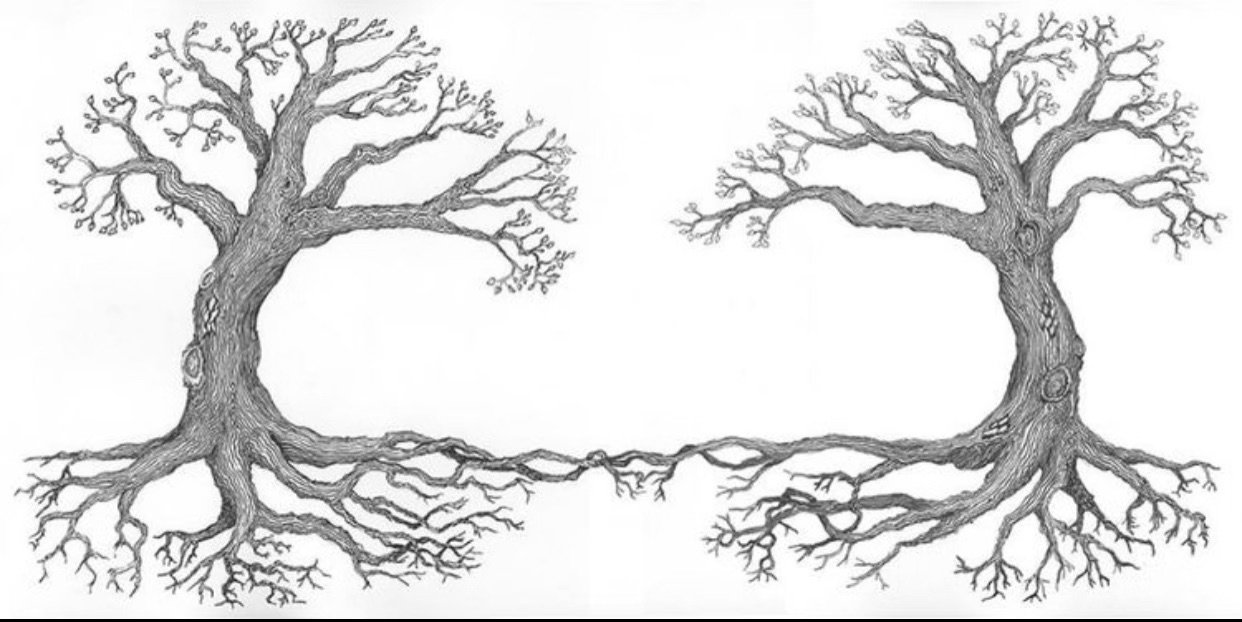
“Leave space for Emmanuel.”
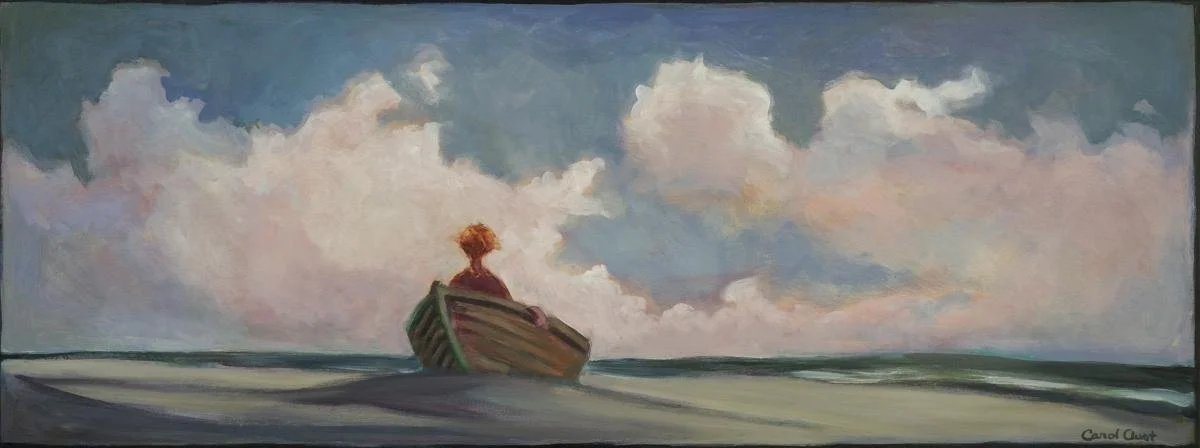
The Art of Transition
Visit The BETWEEN Gallery